When it comes to choosing the best shoe brands, many factors such as comfort, durability, style, and affordability come into play. Renowned brands like Nike, Adidas, and New Balance have consistently set the standard with their innovative designs and cutting-edge technology, ensuring that both athletes and casual wearers find the perfect fit for their needs. Other notable brands such as Clarks and Alden are celebrated for their timeless elegance and high-quality craftsmanship, making them a favorite among those who appreciate traditional styles. To discover which brands made it to our curated list of top shoe manufacturers and why they are worth every penny, explore the insights below.

Illustration of shoe
Best brands of shoe in 2025
Nike
Nike is one of the leading producers of shoes globally, having produced over 800 million pairs in 2023, a 2.6% increase from the 780 million pairs in 2022. The company holds a significant market share, with 38.2% of the total footwear market and 30% in athletic footwear as of 2022. Nike dominates the basketball shoe market with an 86% share as of 2019 and generates a substantial portion of its revenue from footwear, accounting for 62.5% of its global revenues in 2022. Despite recent challenges, Nike maintains a strong global market share of 16.4% in sneakers and apparel as of 2024. The brand's production is largely distributed, with half of its shoes made in Vietnam and 27% in Indonesia. For more detailed Nike shoes statistics, visit their website.
Adidas
Adidas is one of the leading producers of shoes, manufacturing 419 million pairs in 2022, marking a substantial 23% increase from the 340 million produced in 2021. The company holds a significant market share, accounting for 15.6% of the global shoe market and 15.4% in the athletic footwear segment. Adidas also dominates the sneaker market with a 14.7% share and maintains a strong presence in the resale market, where its shoes command an average price of $295, 36% higher than retail. The brand is committed to sustainability, exemplified by producing 27 million pairs of shoes using recycled materials in 2022, and aims to achieve 100% use of recycled polyester by 2024. For more detailed insights and statistics, visit the Adidas shoe statistics resource.
Puma
Puma is a prominent player in the global footwear market, boasting a 1.2% global shoe market share and a 4% share in the U.S. athletic shoe segment as of 2022. The company has seen continuous growth in footwear revenue, rising from $1.6 billion in 2014 to $4.6 billion in 2022, with a projected reach of $6.2 billion by 2030. Puma holds a 2.1% share in the global athletic footwear market and a 5.1% share in the sneaker market. It is also the fourth most popular basketball shoe brand in the NBA, averaging a 3.4% share over the past five seasons. With 35 million pairs of shoes produced annually, Puma has established itself as a significant force in the industry. For more detailed Puma shoe statistics, you can visit their comprehensive collection of data.
New Balance
New Balance is a prominent player in the shoe industry, holding a 4% global market share and a significant 10% share in the US market. In 2022, the company achieved a record-high $4.23 billion in shoe revenue, which accounts for 80% of its total revenue. New Balance produces approximately 16 million pairs of shoes annually and has seen a 214.1% increase in footwear revenue from 2008 to 2022. The brand is known for its grassroots marketing approach and retains about 25% of its global production in the United States. New Balance also enjoys a strong presence in the NBA, with a 2.3% share in the 2022-23 season. For more detailed insights, visit New Balance Shoe Statistics.
Converse
Converse, a renowned brand in the footwear industry, has been a staple since its inception in 1908. As of the fiscal year ended May 31, 2024, Converse generated approximately $2 billion in global revenue, with footwear accounting for nearly 89% of the total sales. The brand, owned by Nike Inc., saw a 3% increase in fiscal year revenues and a 5% rise in direct-to-consumer sales in FY23. Converse holds a significant market share, around 4-5%, in the global sneaker market. With its iconic "All Star" sneakers, Converse continues to be a popular choice among consumers. Discover more about their offerings on their official website: Converse.
Vans
Vans is a renowned brand in the footwear industry, particularly celebrated for its roots in skateboarding and action sports. Founded in 1966 by Paul Van Doren and his partners, Vans has grown to achieve significant milestones, such as passing $1 billion in annual global sales for the first time in 2006. The brand enjoys high recognition, with 86% of sneaker owners in the United States aware of Vans, and 25% owning a pair. Vans is especially popular among younger generations, with 90% of Gen Z consumers recognizing the brand and 39% owning Vans shoes. The brand's loyalty is also notable, with around 20% of sneaker owners likely to purchase Vans again. For more insights into Vans' journey and ethos, visit their official about page.
Reebok
Reebok, once a dominant force in the athletic footwear market, has been revitalizing its presence through innovative manufacturing techniques and strategic marketing. In the 1980s, Reebok briefly surpassed Nike, achieving $1.82 billion in sales in 1989. Although it has since declined to a 1.1% market share in the sports footwear space, Reebok has introduced the Liquid Factory concept, using 3D drawing and a proprietary liquid material developed with BASF to produce high-rebound outsoles, initially manufacturing 300 pairs in the US. For more information about Reebok's reshoring and innovative practices, visit their reshoring shoe manufacturing article.
Under Armour
Under Armour has emerged as a formidable player in the sports apparel and footwear market, surpassing Adidas to become the second-largest sports brand in the U.S. as of 2024. With U.S. apparel and footwear sales reaching $1.2 billion through August 2024, Under Armour's market share in sports apparel stands at 14%, more than twice that of Adidas. The company's footwear sales globally amounted to around $1.38 billion in the financial year ended March 31, 2024, contributing to its total global net sales of roughly $5.7 billion. Under Armour's growth is driven by its strong presence in athletic specialty and sporting goods retailers, as well as its successful marketing campaigns, including a $15 million ad campaign targeting women. This significant expansion has positioned Under Armour as a major competitor to market leader Nike. For additional insights, please visit their official news article.
ASICS
ASICS is a prominent athletic footwear brand, holding a global market share of 8.1% and ranking as the fourth-largest in the athletic footwear industry. The company excels particularly in the performance running footwear segment, with a global market share of 9.9% in 2019 and a notable 13.3% market share in the running shoe market as of January 2020. In Europe, ASICS estimates its market share in the run category at 25% in 2022, aiming to increase it to 29% by 2026. The brand also enjoys significant market presence in North America and Australia, with plans to expand its share in these regions. ASICS' focus on high-performance products and innovative technologies has solidified its position as a leading brand in the athletic footwear market. For more insights on ASICS' market share growth, visit their detailed blog.
Skechers
Skechers is a leading footwear brand, known for its impressive production and revenue growth. In 2022, the company produced and shipped nearly 267 million pairs of shoes worldwide, marking a 33.4% increase from 2021. Skechers achieved a record $8 billion in sales for the 2023 fiscal year, with international sales increasing by 13.3% and domestic sales accounting for 41% of the total revenue. The brand holds a significant market share, around 6.05% of the apparel, footwear, and accessories industry as of Q3 2024. Skechers also focuses on sustainability, with 93% of its shoeboxes being fully recyclable and a commitment to reducing environmental impact. Learn more about Skechers' impressive statistics.










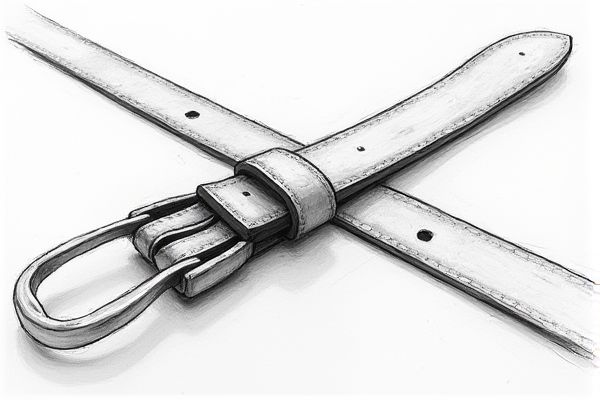
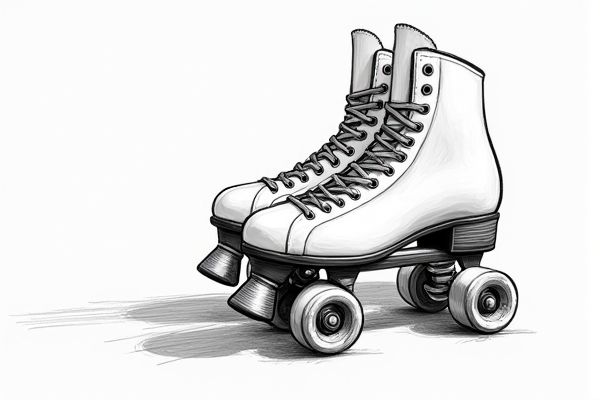
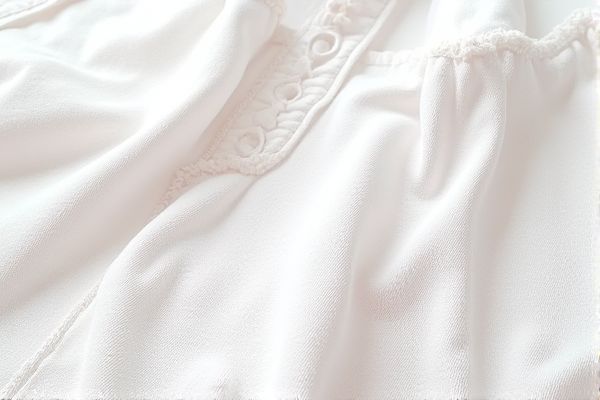
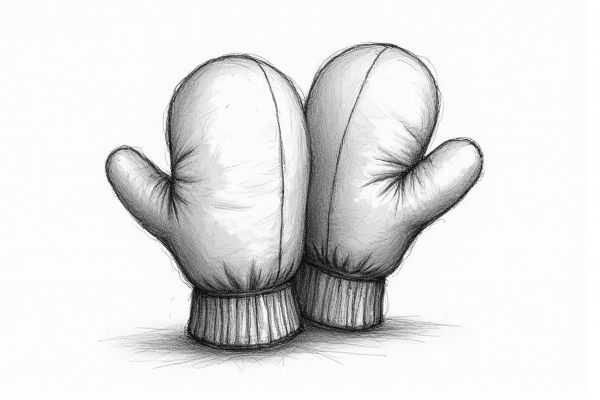
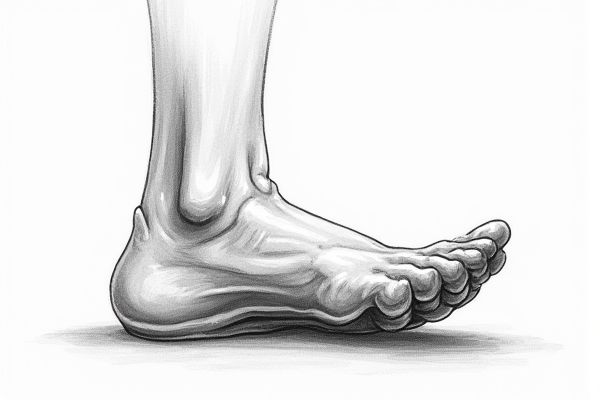
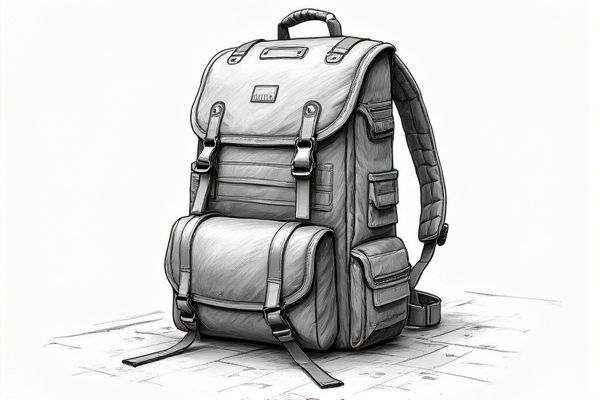
Leave a Reply
Your email address will not be published.